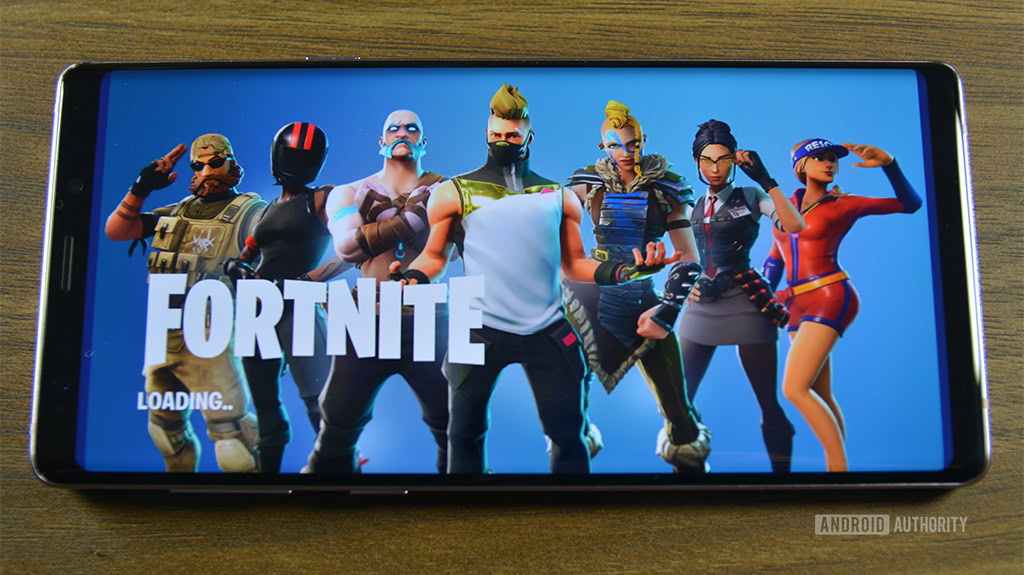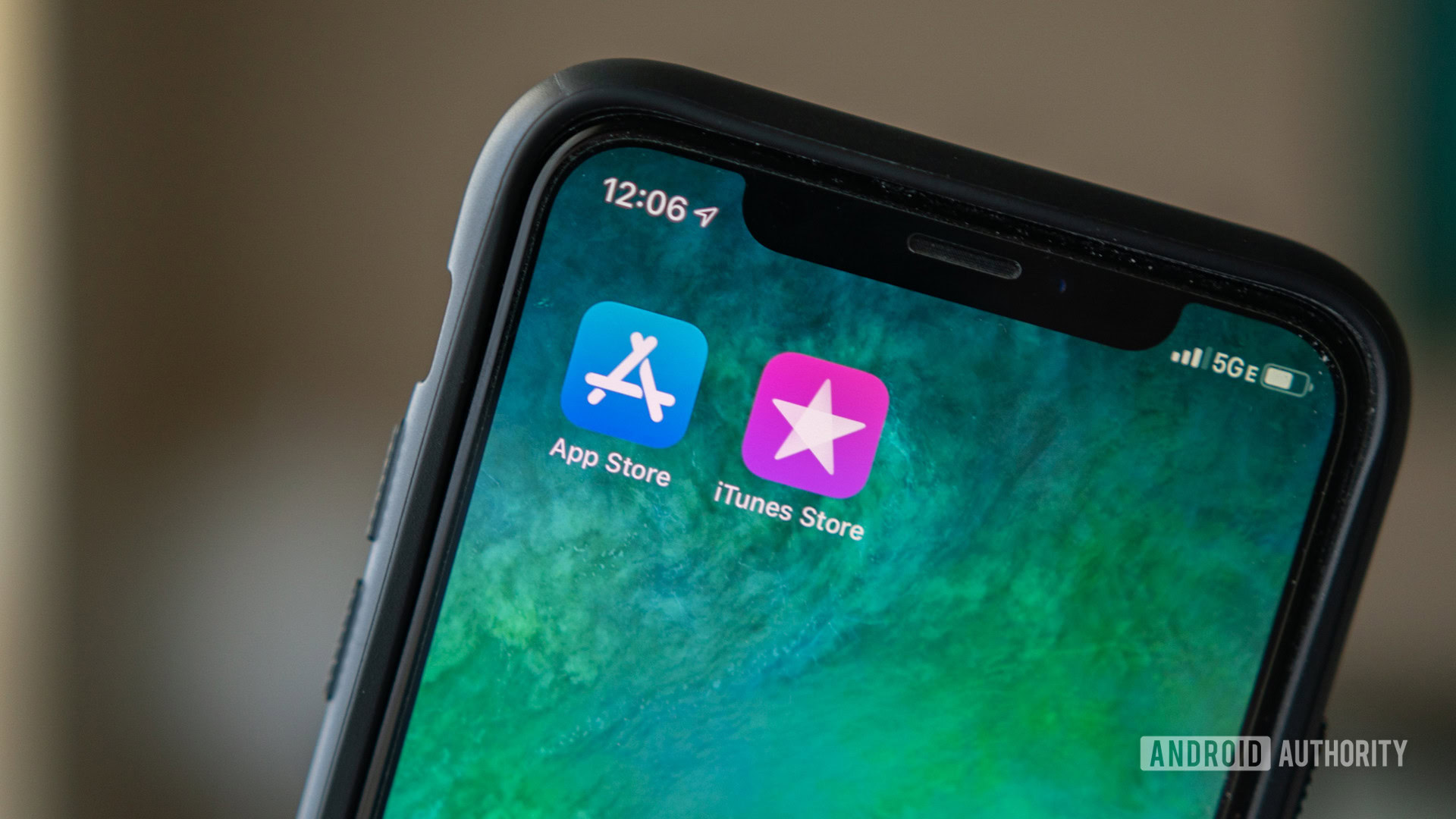Affiliate links on Android Authority may earn us a commission. Learn more.
Apple compares Epic Games to shoplifters in bizarre lawsuit response

- Apple has now officially responded to the Epic Games lawsuit, a first for the Apple-Fortnite antitrust saga.
- In the response, Apple tries to compare Epic to shoplifters walking out of an Apple retail store with unpaid products.
- Apple also tries to shift the blame and say Epic Games made this problem itself.
Today, the battle royale between Apple and Epic Games took a step up. Apple issued a formal response to the lawsuit Epic Games filed last week alleging that Apple has monopolistic control over its App Store (via Axios).
The response is very confusing as it makes bizarre comparisons of Epic to shoplifters. It also tries to blame Epic for its rebellion against Apple’s policies, which is a weird thing to do in an antitrust lawsuit.
The Apple-Fortnite battle: Epic shoplifters?
In the filing, Apple has this to say about Epic’s attempt to bypass Apple’s 30% cut for all in-app transactions:
If developers can avoid the digital checkout, it is the same as if a customer leaves an Apple retail store without paying for shoplifted product: Apple does not get paid.
While that’s a harsh comparison to make, it doesn’t really make any sense. Epic is selling its own product (Fortnite’s in-app currency known as V-Bucks) through an app that it created, so it can’t really “shoplift” its own merchandise from this hypothetical Apple store.
A more apt comparison would be a mall. Imagine that Apple owned a mall — that is, a large building that houses many different retailers — and Epic Games was a store in that mall. This mall is the only one — there are no other malls around. What’s happening here would be akin to Epic Games conducting business as usual but refusing to pay rent on the grounds that it thinks the fees are artificially high due to Apple knowing there’s nowhere else to go. Sure, this isn’t good (Epic refusing to pay rent), but that’s much, much different than shoplifting.
Apple tries to shift the blame

Elsewhere in the filing, Apple explains that it should not need to temporarily reinstate Fortnite on the App Store during the ongoing litigation. Apple’s reasoning for this is that Epic is seeking “emergency relief” from a situation that is “entirely of Epic’s own making.”
This is also a very strange thing to put into this filing because it actually backs up Epic’s allegations that Apple has monopolistic control of the App Store. Epic wanted Apple to reduce or eliminate the 30% cut it takes from every Fortnite transaction through the App Store, and Apple refused, as this new filing proves. So, Epic tried to bypass this as a form of protest against what it sees as unfair control over its business. Apple kicked Fortnite off the platform in response.
In other words, Epic broke the rules it says are unfair, Apple gave it the boot, and now Epic has literally nowhere else to go. Epic then requests the ability to continue to run its business while the lawsuit happens, and Apple refuses. Isn’t that kind of the definition of a monopolistic enterprise? Epic’s entire iOS business is held at Apple’s whim.
Apple appears to be ignoring the idea that, if Epic had another platform to go to in which to deliver Fortnite to iPhone users, it wouldn’t need to file this lawsuit. So calling out the suit as a problem that’s “entirely of Epic’s own making” is a weak claim that will likely get torn apart if this makes it to a trial.
Is the App Store like Steam or the Play Store?
Finally, Apple also argues that Epic has no antitrust case against it because there are other ways users can buy mobile games. Apple points to the Google Play Store as an example, and then also references Steam. Both of these other platforms take similar cuts from products sold through their respective stores.
However, Apple is failing to see that if a developer doesn’t want to sell through Steam or the Play Store, they can sell through lots of other stores. They could also just sell it on their own and keep all the profits. This is possible on PCs and Android devices, but it is not at all possible on the iPhone. Once again, Apple is making very weak claims in this official legal filing that could easily be torn apart in a court case.
Granted, Epic Games is also suing Google, accusing it of having a monopolistic enterprise as well. That’s a much weaker case than this one against Apple, though it’s possible that how this Apple case turns out could dramatically affect Google’s Play Store policies.